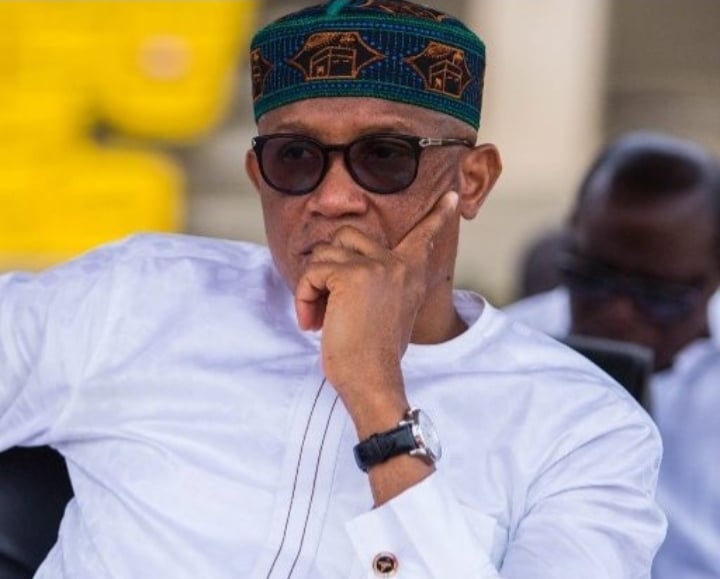The Office of the Special Prosecutor (OSP) in Ghana has unveiled a significant corruption case involving the alleged extortion of over GHC280 million from petroleum industry players. This complex scheme, orchestrated between 2022 and 2024, involved senior officials within the National Petroleum Authority (NPA) and directors of three private companies, exploiting their positions to illicitly amass substantial funds. The case has sent shockwaves through the country, raising concerns about the integrity of Ghana’s petroleum regulatory framework and prompting a high-stakes legal battle that could reshape the sector’s governance.
At the heart of the accusations is Mustapha Abdul-Hamid, the former Chief Executive Officer of the NPA, along with Jacob Kwamina Amuah, who held a dual role as the Coordinator of the Unified Petroleum Pricing Fund (UPPF) at the NPA and Managing Director of three implicated companies: Propnest, Kel Logistics, and Kings Energy. Wendy Newman, another NPA staff member, is also implicated, suggesting a coordinated effort within the regulatory body to facilitate the alleged extortion. Alongside them are directors of the three companies: Albert Ankrah and Isaac Mensah of Kel Logistics, Bright Bediako-Mensah, a director of both Kel Logistics and Kings Energy, and Kwaku Aboagye Acquaah, a director of Kings Energy. These individuals are accused of collaborating to create a sophisticated system for diverting funds from petroleum transporters and oil marketing companies under the guise of official NPA activities.
The OSP alleges that Abdul-Hamid, Amuah, and Newman were the key architects of the extortion scheme, leveraging their authority within the NPA to coerce payments from private sector entities. The three companies, Propnest Limited, Kel Logistics Limited, and Kings Energy Limited, served as conduits for the illicit funds, obscuring their origin and enabling the accused to launder the proceeds. The OSP emphasizes the lack of any legal basis for the payments, characterizing them as pure extortion and a blatant abuse of public office. The magnitude of the alleged embezzlement, exceeding GHC280 million, highlights the brazen nature of the scheme and its potential impact on Ghana’s petroleum sector.
The OSP’s investigation has meticulously traced the flow of funds, revealing the intricate web of transactions and highlighting the roles of each individual and company in the alleged conspiracy. The charges against the seven individuals and three companies include extortion, money laundering, and abuse of office. The case is now before the High Court (Criminal Division) in Accra, where the prosecution will present its evidence and seek to hold the accused accountable for their actions. The trial is expected to be closely scrutinized by the public and industry stakeholders, given its implications for transparency and accountability within Ghana’s petroleum sector.
This case carries significant political weight, coming at a time when the Mahama administration is pushing its “Reset Agenda,” a platform focused on revitalizing Ghana’s governance and tackling corruption with renewed vigor. The outcome of the trial will be seen as a crucial test of the government’s commitment to its anti-corruption pledges and its ability to effectively prosecute high-profile cases. A successful prosecution could signal a turning point in Ghana’s fight against corruption, while a failure to secure convictions could undermine public trust in the government’s efforts.
The OSP’s robust action in this case underscores its determination to dismantle entrenched corruption within key state institutions. The charges against former NPA officials and their private sector collaborators send a strong message that no one is above the law and that those who abuse their positions for personal gain will be held accountable. The prosecution’s success hinges on the strength of the evidence presented and the court’s interpretation of the law. The case also highlights the need for ongoing reforms within the NPA and other regulatory bodies to prevent similar incidents from occurring in the future. Strengthening oversight mechanisms, promoting transparency, and fostering a culture of accountability will be crucial in safeguarding public resources and ensuring the integrity of Ghana’s governance.


